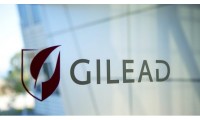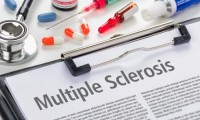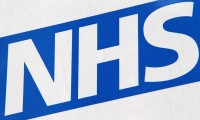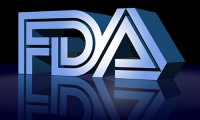-
Gilead inks $90m deal with Verily to create “molecular map” of inflammatory disease
- Source: drugdeliverybusiness
- 887
- May 2, 2018
-
7 Side Effects Of Hormonal Birth Control Nobody Told You About
- Source: drugdu
- 858
- April 30, 2018
-
Researchers’ wearable measures force athletes put on tendons
- Source: MobiHealthNews
- 2,552
- April 30, 2018
-
Multiple sclerosis drug could reduce painful side effects of common cancer treatment
- Source: medicalxpress.
- 794
- April 28, 2018
-
GSK reports Q1 sales decline
- Source: pharmatimes
- 751
- April 28, 2018
-
CAR-T therapy could be available to NHS patients this year
- Source: pharmatimes
- 5,358
- April 28, 2018
-
Specialty Vaccines for Overlooked Infectious Diseases–Challenges and Opportunities
- Source: fiercepharma
- 698
- April 28, 2018
-
mHealth Program Uses Smartphones to Monitor Medication Adherence
- Source: mHealth Intelligence
- 1,260
- April 28, 2018
-
Foundation Medicine’s New Liquid Biopsy Assay Granted Breakthrough Device Designation by U.S. Food and Drug Administration
- Source: nvestors.foundationmedicine
- 934
- April 27, 2018
your submission has already been received.
OK
Subscribe
Please enter a valid Email address!
Submit
The most relevant industry news & insight will be sent to you every two weeks.













